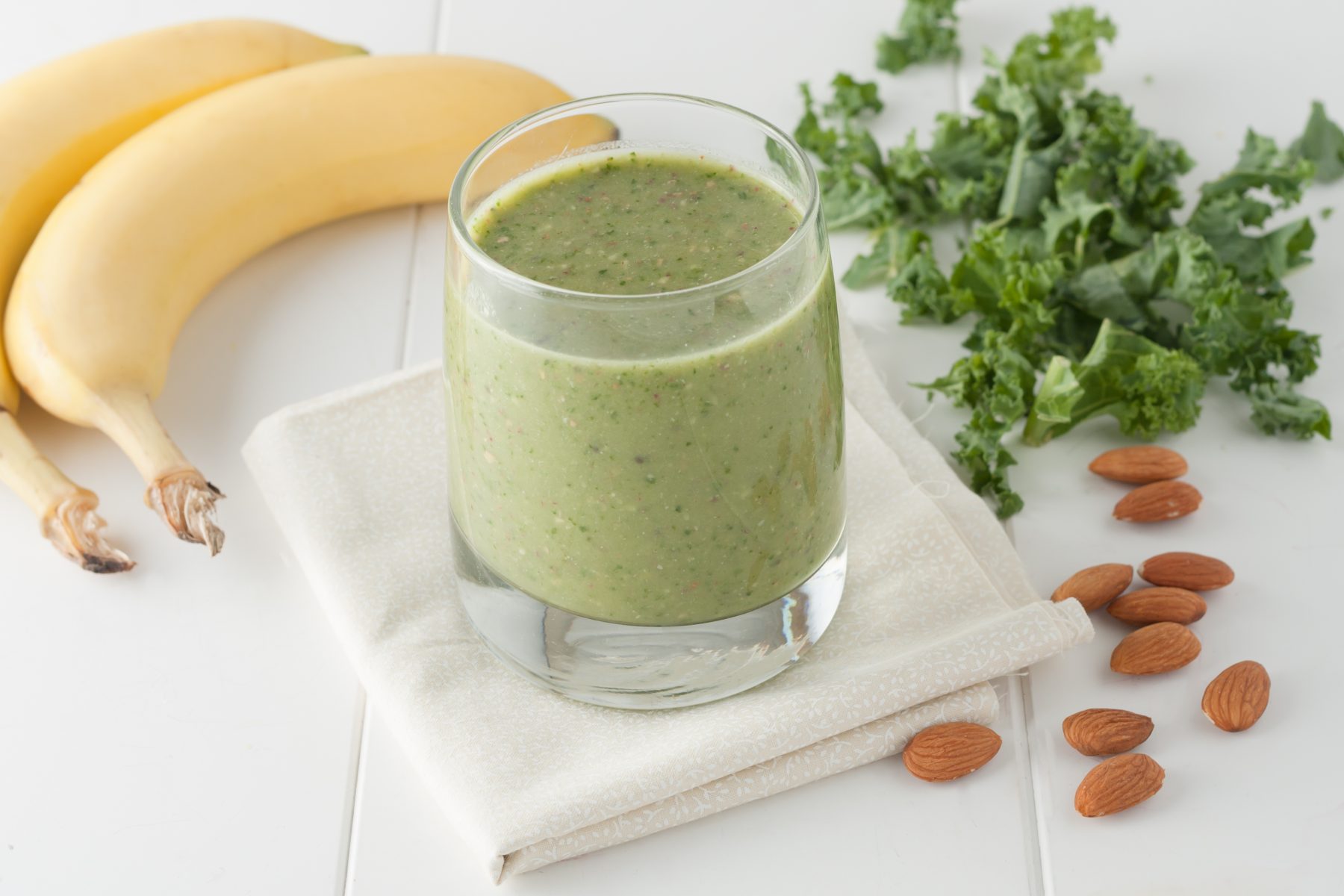
EP 53: Diet & Nutrition for Cancer Treatment
Your body is a temple and what you put into your body matters. It has an impact on your health and overall well-being.
When you change your diet, you can change your life!
In this episode, we discuss the best diet & nutrition options available for patients battling cancer.
Some useful research highlights why nutrition can be important when fighting cancer.
Cancer can alter your body’s nutritional needs in many ways depending on the type of cancer and its stage1. Cancer cells can grow and divide rapidly, which can increase your body’s energy needs1. Some cancer treatments can also affect your appetite and digestion, making it difficult to eat enough food to meet your body’s nutritional needs1.
The National Institutes of Health (NIH) recommends that people with cancer eat small amounts of food more frequently, keep snacks handy, try cold foods, increase calories and protein intake, drink plenty of fluids, and consider a multivitamin1.
Chemotherapy can deplete vitamins and minerals in the body1. For example, people undergoing chemotherapy are more likely to be deficient in several nutrients, such as magnesium, iron, vitamin D, and folate1. Deficiencies of vitamins B1, B2, and K and of niacin, folic acid, and thymine may also result from chemotherapy2.
In some cases, your doctor may prescribe calcium and vitamin D to support your bone health3. Some chemotherapy can lead to decreases in potassium and magnesium, so those may also be supplemented during cancer treatment3.
It’s important to talk to your doctor about any supplements you’re considering taking during chemotherapy treatment4
Radiation therapy can also deplete nutrients in the body1. It’s important to make food choices that provide you enough calories (to maintain your weight), protein (to help rebuild tissues that cancer treatment may harm), nutrients such as vitamins and minerals, and fluids (essential for your body’s functioning)2.
Each radiation therapy patient reacts differently to treatment but here are some basic guidelines to develop a diet while undergoing radiation therapy for cancer1:
- Pay attention to your side effects and how they affect your appetite. Discuss the changes with your doctor.
- Plan ahead for changes to your diet.
- Focus on nutrient-dense foods like fruits, vegetables, grains, and lean proteins. Avoid saturated fats, sugar, salt, and alcohol.
- Change your eating habits and times. Eat smaller meals more frequently.
- Stay hydrated.
Getting the right amount of protein is very important during radiation treatment3. Each meal or snack should have some source of protein. This will help spare lean muscle mass while repairing damage from radiation3
After your treatments, when you are in recovery, it is time to replenish and build back your body.
Most experts recommend a healthy diet that includes plenty of fruits, vegetables, and whole grains 1. A healthy diet can help cancer patients keep a healthy body weight, maintain strength and decrease side effects both during and after treatment 2.
It is important to talk with your cancer care team, including a nutrition professional, about specific nutritional and physical activity recommendations during your post-treatment survivorship 1. They can provide guidance on the best foods to eat to restore your appetite and help you gain weight back and feel better. With proper planning, you can boost your health with nutrition, even when fighting cancer.
